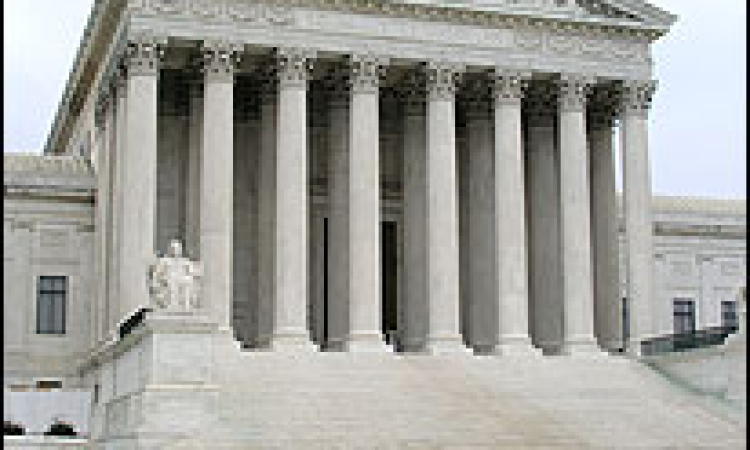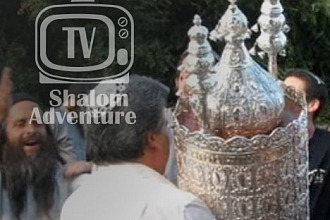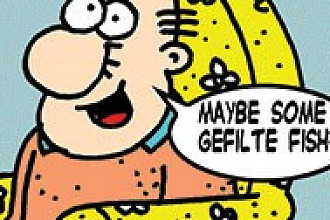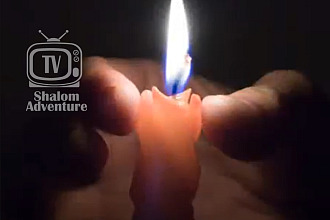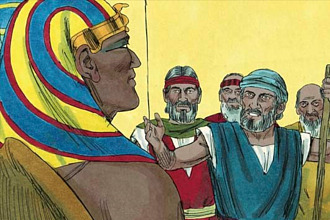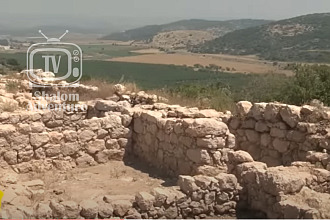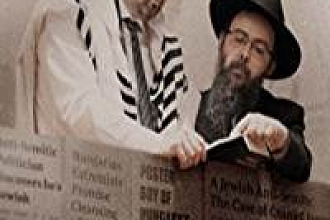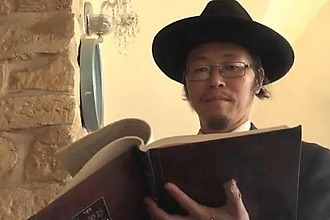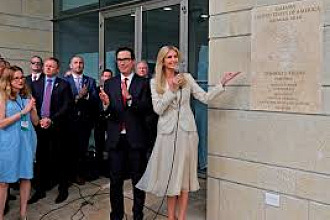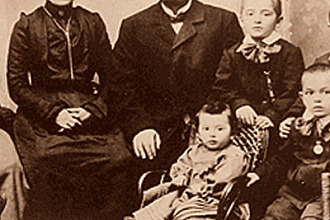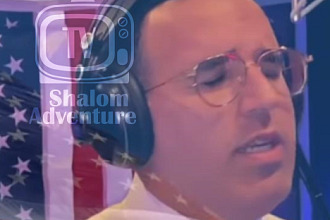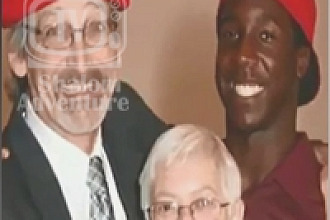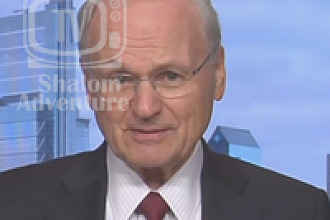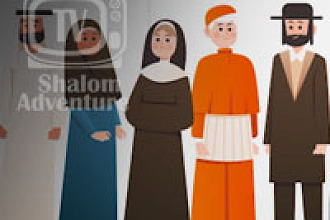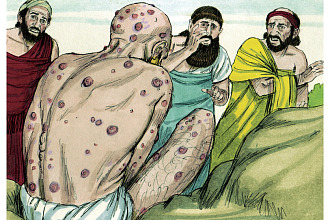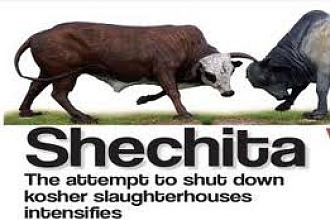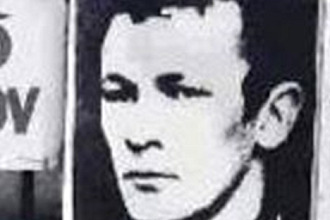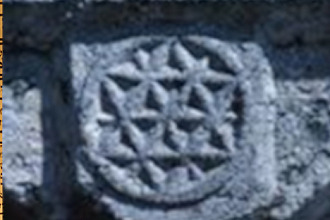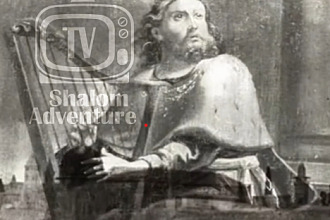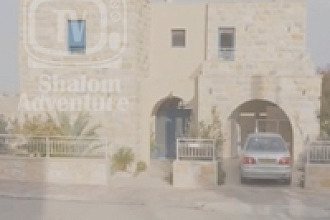The U.S. Supreme Court will hear a prayer case this term. In Greece, New York, an upstate town of about 100,000 people, the town council invites local clergy to say a prayer before the monthly town council meetings. Over the years, the vast majority of the prayers have been Christian. Only rarely have others been invited to pray. Of course, most of the clergy in town are Christian.
Americans United for Separation of Church and State challenged the practice, and in court argued that the town should require the prayers to be non-sectarian. The lower courts rejected this plea.
Now the Supreme Court will decide the legitimacy of this practice of prayer.
As Jews, should we object to Christian prayers being said prior to a town council meeting? When Jews and other minorities appear to conduct business before the town council, the presence of a Christian prayer immediately reminds us that we are a minority. It leads us to wonder what our status is, whether we are truly equal citizens under the law, or some tolerated "other." But the position of Americans United is no less troubling. They would have the town actually regulate the content of the prayer. Government interference in religious activity is anathema to religious freedom. That's the last thing anyone should want. Having the government intrude into religion is a surefire way to corrupt both government and religion. Moreover, "non-sectarian" prayer is not even prayer. So requiring the town to desecrate a prayer and turn it into a "non-prayer" is a constitutional abomination.
The Supreme Court decades ago upheld prayer by a paid chaplain of a state legislature in Marsh v. Chambers. In Greece, NY the town is not paying anyone to pray. The prayer is truly voluntary, and no one is compelled to participate. So at least Jews are not required to pray to Jesus before participating in town council meetings. And at least the prayers themselves are as genuine as the clergy doing the praying.
Before we decide that we would all be better off without such prayers, consider the French model. France is committed to enforcing a secular state. In France, Jewish school children must both attend school and take tests on Shabbat. They cannot wear the yarmulke to school. They must leave their religion at home.
If we jettison prayer from public life in America, we are pursuing the French model of a public secularism. This is less friendly to Jews than the American model. In the American model, religion is to remain voluntary, but there is freedom of religious expression. Of course, since the majority faith is Christian, such freedom will often be Christian. This is not necessarily a bad thing. Given the degenerate state of Congress these days, a town council that takes to heart the Sermon on the Mount, i.e., blessed are the meek, the peacemakers, etc., would be a vast improvement.
Although our initial instinct is to oppose public Christian prayer, it may well be the alternative is worse.
Picture originally found here

